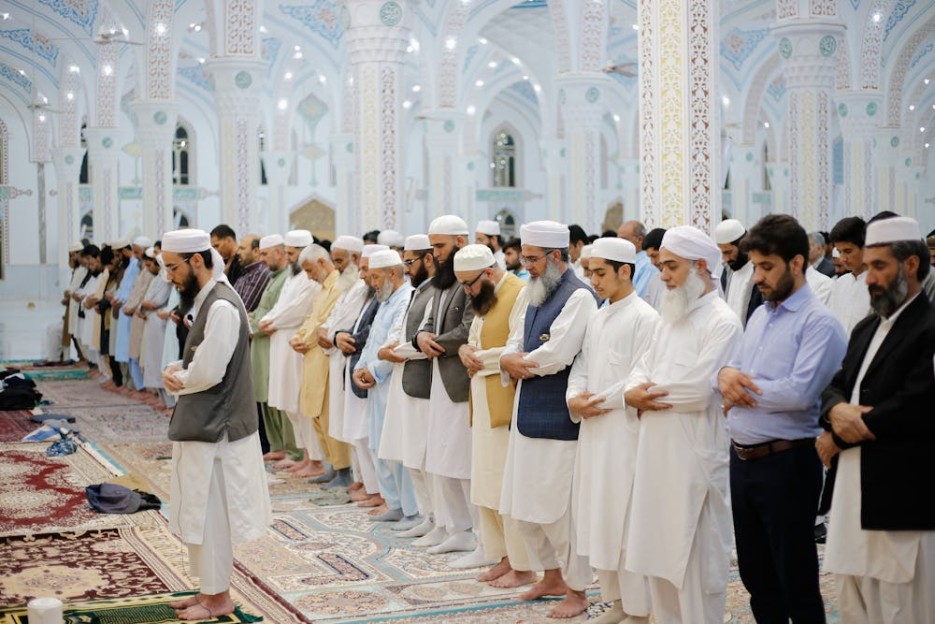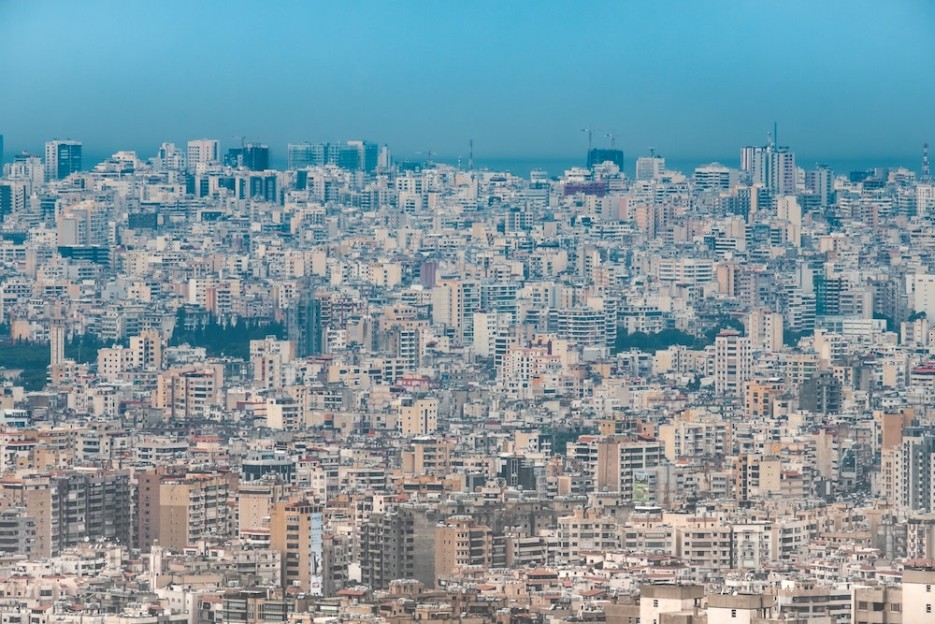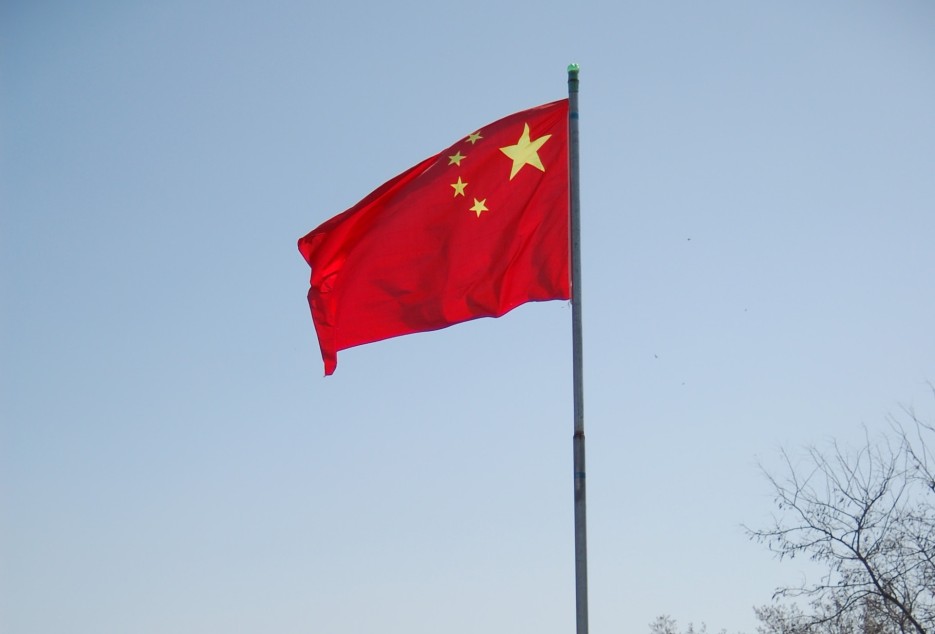
A glimmer of hope flickers in the volatile Middle East after a measured Israeli airstrike on Iran and a surprisingly restrained response from Tehran. While the situation remains tense, analysts cautiously suggest this tit-for-tat exchange might not spiral into a wider conflict.
The recent escalation began on April 1st with a suspected Israeli airstrike in Syria that killed Iranian generals. Iran retaliated with a barrage of drones and missiles targeting Israel. Israel’s Iron Dome defence system intercepted most projectiles, resulting in minimal damage and no casualties.
Israel launched a limited airstrike against Iran following the incident, reportedly targeting a drone manufacturing facility near Isfahan. Details remain scarce, but Iranian media acknowledges the attack, albeit downplaying its impact.
Iran’s Calculated Response: A Shift in Strategy?
Experts believe Iran’s response marks a significant shift in its usual playbook. Previously, Iran has responded to Israeli attacks with forceful actions, often through proxy groups like Hezbollah. This time, however, Iran’s measured response, focusing on a limited drone attack and refraining from more destructive means, suggests a possible recalibration of its strategy.
While the immediate crisis appears to be subsiding, a sense of cautious optimism prevails. The international community has breathed a collective sigh of relief, with the United States and regional powers urging both sides to maintain restraint and engage in dialogue. Diplomatic backchannels are reportedly abuzz with activity, aiming to prevent further escalation.
The recent events, while positive in terms of de-escalation, don’t erase the underlying tensions surrounding Iran’s nuclear program. The 2015 Iran nuclear deal, designed to curb Iran’s nuclear ambitions in exchange for sanctions relief, remains in a precarious state after the US withdrawal in 2018.
However, the recent display of relative restraint by both sides might create a more conducive environment for reviving the deal.
A Fragile Peace: The Road Ahead
The Middle East remains a tinderbox, and the recent crisis serves as a stark reminder of the region’s fragility. While tensions appear to be calming for now, the path to lasting peace is long and arduous. Continued diplomatic efforts, coupled with a genuine commitment from all sides to de-escalation, are crucial to prevent the region from being plunged back into the abyss of war.




